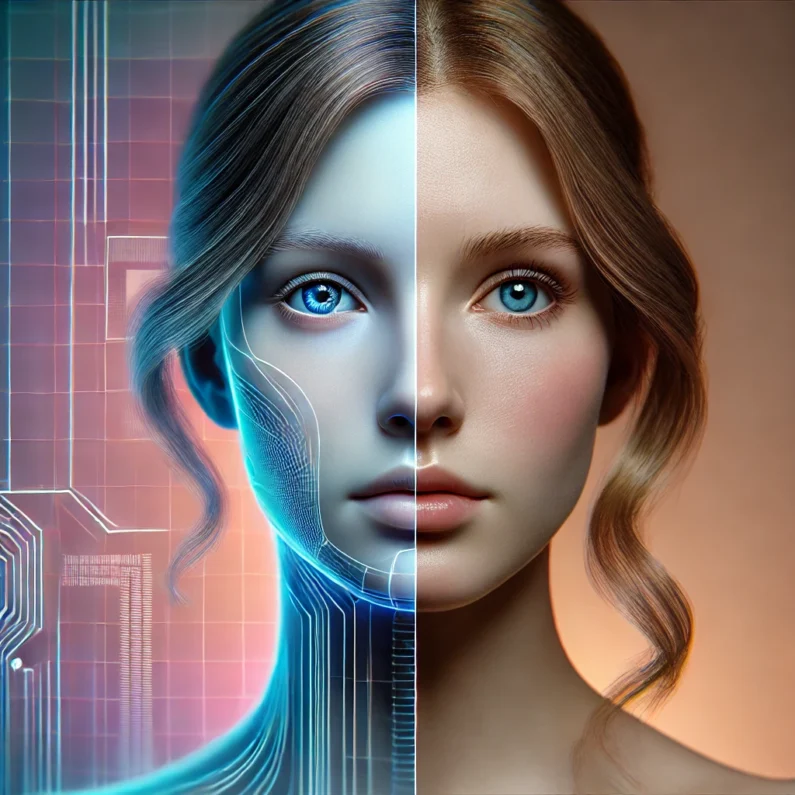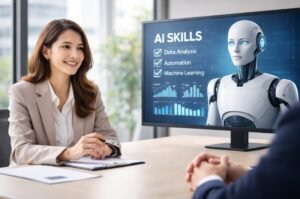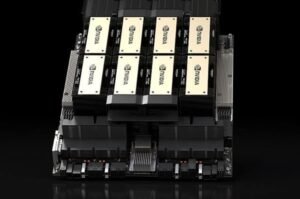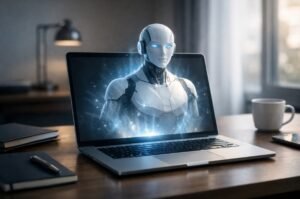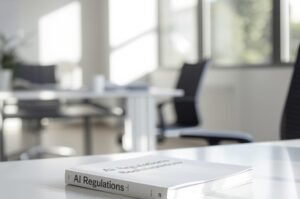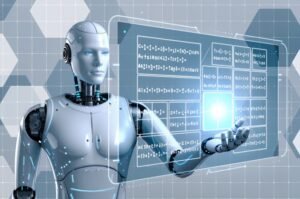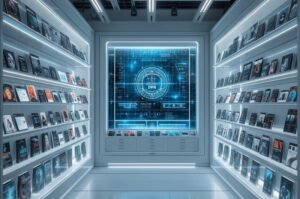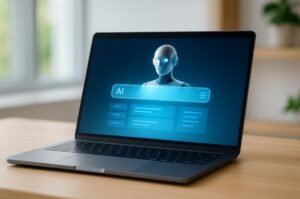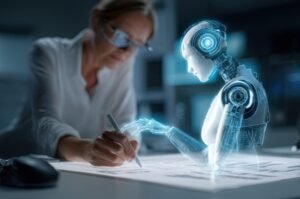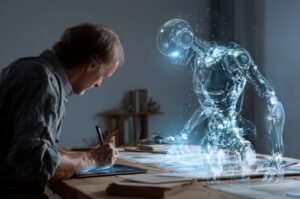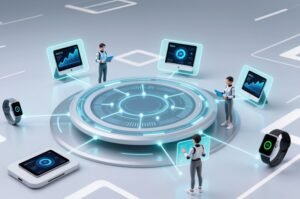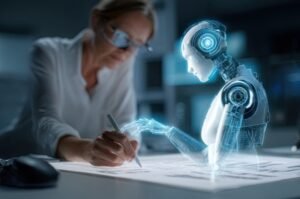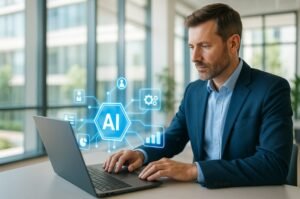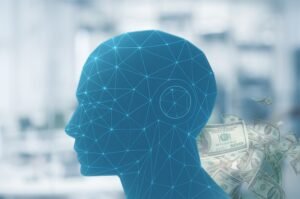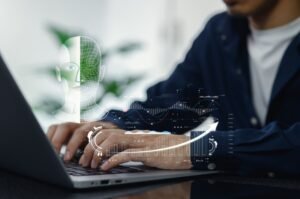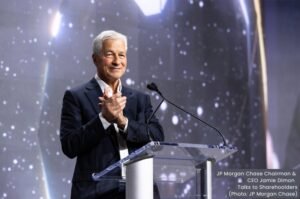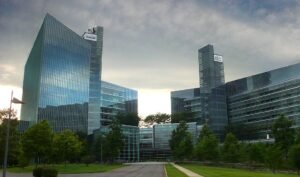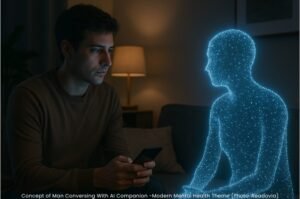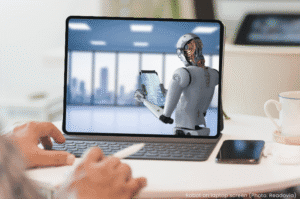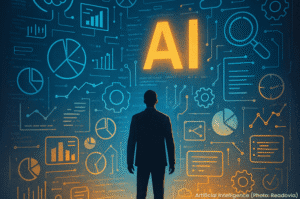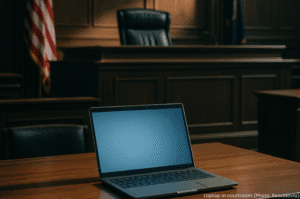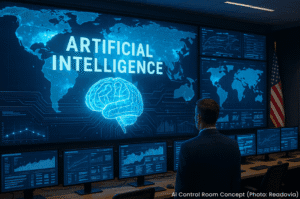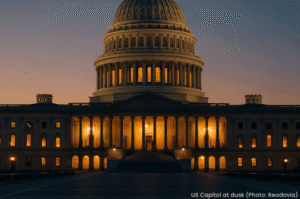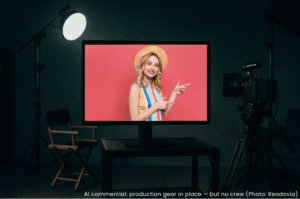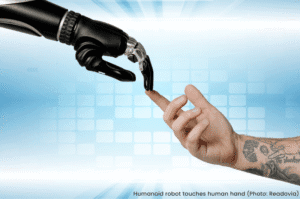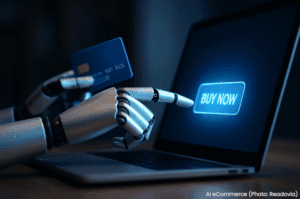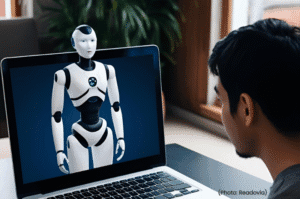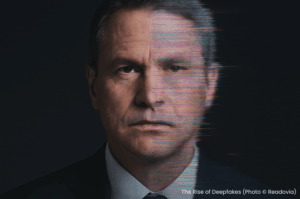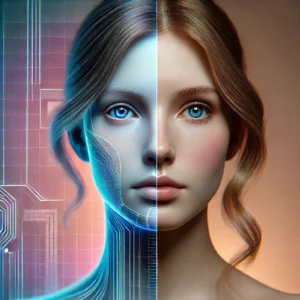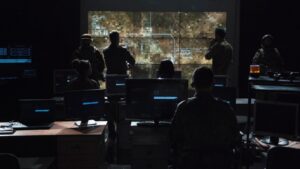Artificial Intelligence (AI) is transforming the world of photography, pushing the boundaries of realism and creative expression. With AI-generated images now capable of producing hyper-realistic visuals that leave viewers questioning their authenticity, we’re entering a new era where digital creations challenge traditional photography in both artistry and accessibility.
From Hyper-Realism to Unconventional Beauty
AI-generated images can be designed to mimic real-life features or go beyond them, exploring new aesthetics and expressions. Recently, digital artist Moritz Stellmacher shared an AI-generated human portrait that was so realistic, it had viewers on social media guessing whether it was a photograph of a real person. This uncertainty highlights the advanced realism of AI tools today, which can blur the lines between real and artificial in ways we haven’t seen before.
This new flexibility in creating faces and features might soon influence what society deems attractive. Traditionally, the modeling industry has relied on specific beauty standards like symmetry and clear skin, but AI-generated models can now embody striking, unconventional aesthetics that challenge these norms. As viewers grow accustomed to digitally crafted faces, demand for diversity and uniqueness in visual media may rise, leading to a broader representation of beauty.
AI vs. Human Models: A Shift in the Modeling Industry
The modeling industry is already adapting to the impact of AI. Companies can now create AI models tailored to specific advertising needs without the costs and logistics involved in traditional photography. This shift is significant in industries like e-commerce, where AI-generated images can be modified instantly to fit seasonal or demographic trends. By using AI, brands can generate a wide range of looks quickly and economically, making AI an attractive option for digital campaigns.
However, human models continue to bring irreplaceable qualities like authentic emotion, unique expressions, and genuine connection, which AI models struggle to replicate fully. This blend of AI and human photography might encourage a future where both forms coexist, each serving distinct purposes and enhancing the variety of visual media.
The Competitive Edge of AI: Mass Production and A/B Testing
A standout advantage of AI-generated images is their ability to be mass-produced at almost no cost, a game-changer for e-commerce and online advertising. Traditional photoshoots require considerable time, expense, and coordination, while AI can produce thousands of unique images in minutes. This efficiency allows companies to quickly adapt visuals to consumer preferences, boosting engagement in competitive markets.
In addition, AI facilitates large-scale A/B testing—analyzing hundreds of variations of product photos to determine which ones lead to higher conversions. With data-driven design insights, businesses can refine their marketing strategies for maximum impact, an approach that would be costly and time-consuming with conventional photography.
AI-Enhanced Artistic Expression Beyond Physical Limits
Unlike traditional photography, which is bound by real-world physics and environments, AI-generated images offer unlimited artistic freedom. Artists and brands can create surreal, gravity-defying visuals that defy physical laws and blend various art styles, unlocking new realms of creativity. This capacity to break conventional rules of composition and design allows for imaginative visual storytelling, helping brands and creators engage audiences in exciting new ways.
AI’s Role in a Diverse Visual Landscape
As AI technology becomes more integrated into the world of photography, we’re likely to see a more diverse visual landscape where AI-generated images complement human photography. While AI offers speed, scalability, and innovation, human models and photographers will continue to bring authenticity, emotion, and a personal touch to images. Together, AI and traditional photography will shape a future where beauty is more inclusive, varied, and captivating than ever before.

